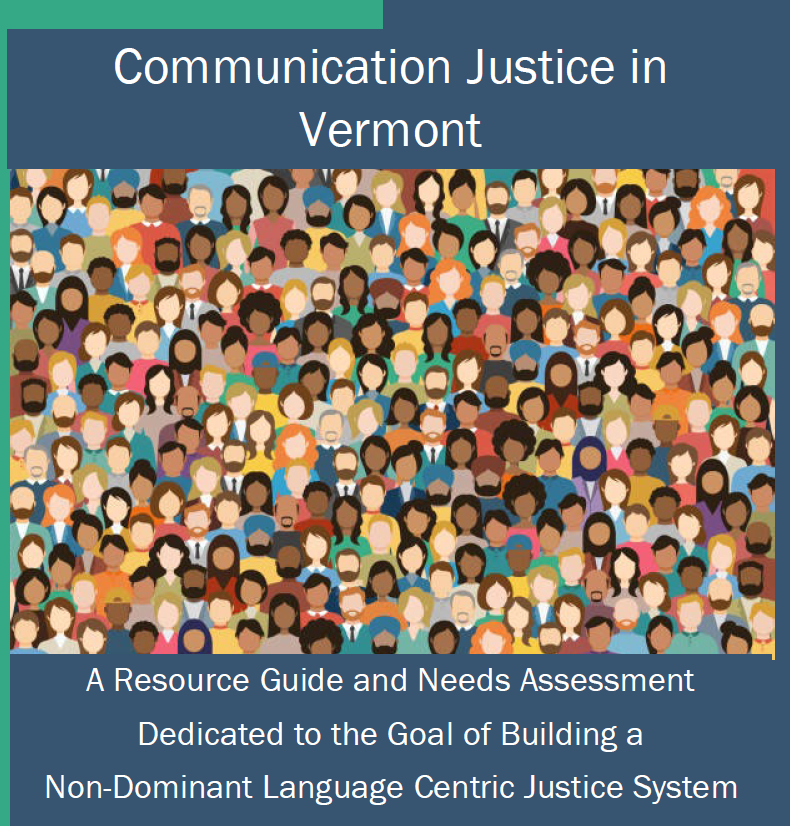
Services made possible by CCVS Grants:
The Center for Crime Victim Services (CCVS) distributes approximately $9,000,000 in federal and state grant funds to 60 agencies in Vermont that provide dignified and respectful services for crime victims. These services may include:
Crisis Intervention
- Finding emergency shelter and ensuring safety
- Assisting with relocation
- Being with a victim during emergency medical care
- Performing medical exams to obtain evidence
- Hotline counseling
- Attending law enforcement interviews with victims
- Securing emergency financial assistance
Criminal Justice Advocacy
- Making sure crime victims know their rights
- Updating victims on the status of their court case
- Helping victims with crime impact statements
- Helping victims prepare testimony for court
- Prosecuting offenders and seeking accountability for their crimes
- Informing crime victims and survivors about Victims Compensation and Restitution
Other Assistance
- Applying for public benefits
- Finding transportation
- Connecting victims with interpreter services
- Working with employers, creditors, landlords or academic institutions
- Finding child or dependent care
- Counseling and support groups
- Providing civil legal help that relates to the crime, such as protection orders
- Coordinating “wrap-around” solutions that connect many resources to help crime victims rebuild their lives
Education and Training
- Outreach to community organizations, schools and universities to educate the public about the victim service programs available in the state.
- CCVS grant funding supports ongoing staff and program development to promote trauma informed practices that support the provision of quality services.
Communication Justice in Vermont
-
The Communication Justice in Vermont Guide is meant to serve as a resource and a reference guide for agencies or organizations looking to expand communication access to crime victims in Vermont. It is a collection of information gained from communication justice experts throughout the state, available data on language access state- and nationwide, and language justice plans and practices throughout the United States.
-
Language access is a human right, and one's ability to speak English should not determine the success of a person's experience in the United States.



